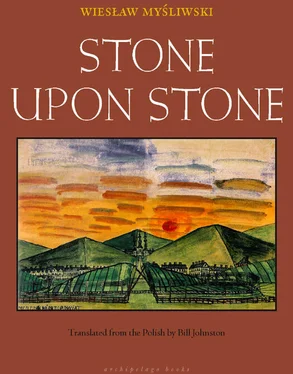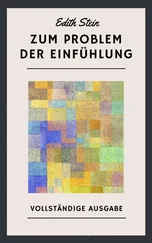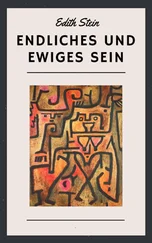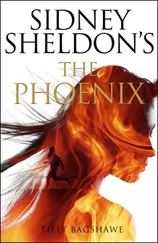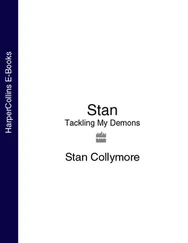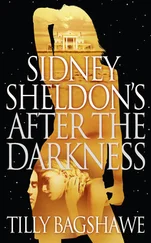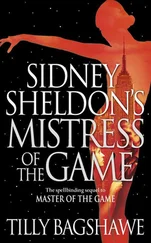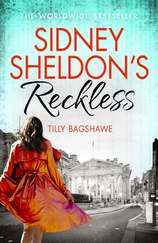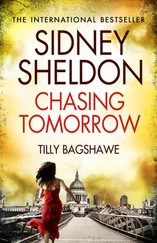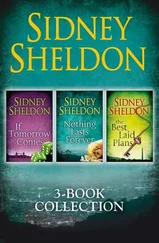“Dammit, I remember everything, but not that. I could even tell you who died when the epidemic came. Go on, ask me. They said it was Bolek Koseł brought it from somewhere else to Górki. Right after he came back from the army people in Górki started falling ill, and soon the whole village was dead. After Górki there were other villages, though people weren’t allowed to travel from one village to another, and everything was bleached, houses, fences, trees, shrines. And all those crosses they put up! There was a cross in every direction. And there weren’t just four directions, like now. Everywhere you turned there was a cross. And at every one of them people would be praying, Lord have mercy, Lord have mercy, Lord have mercy. Luckily it only reached the edge of our village. The Powiślaks died, and Kasperski the miller. The Powiślaks were bandits, they got what they deserved. And Kasperski used to mix low-grade flour in with the regular stuff and he never gave you back all your bran. He was a straight-up crook. But there weren’t as many mills back then as there are now. There was the one here, then the next one was all the way over in Zawodzie. Sometimes it’d take you three days to get the job done. But people rode all the way to Zawodzie, though they cheated you there as well, even if it wasn’t by so much. There never was a world without cheating and there never will be. Once I bought some boots at the market. They looked like leather. When you spat on the sole it didn’t soak in. They were supposed to be for rain or shine, for church and for working in the fields, but they barely made it through the spring. I rode back over there to make the bastards give me my money back, but the people I bought them from weren’t there anymore. There were other people and they were saying the same thing, that their boots were the real deal. And do you know how much those boots cost? Go ahead, ask me. Just about the boots. Why shouldn’t you. Three rubles. I remember. I could even tell you the names of all the horses we ever had, in order. Ask me. At the very beginning we had a roan. Ruffian was his name, because he’d bite you and kick, he was a son of a bitch. He wasn’t a good workhorse so father sold him. But he didn’t tell the merchant the horse’s name was Ruffian. He said he was called Kuba, not Ruffian, and that our family name was Kapusta, not Pietruszka, and that our village was Oleśnica. Oleśnica was three miles in the opposite direction. And he never found us. You see, I remember. So I’ll remember about the papers as well. I’ll not die before it comes to me. Can I have a smoke?”
And though father was still acting like he was mad, he’d pass grandfather the tobacco. Then the next day he’d lead grandfather round the farmyard again. Step by step, and at every step: “Maybe here?” If you’d counted all those steps together they would have gone halfway around the world, though our farmyard isn’t that big at all. They walked the area behind the barn as well, and around the pond, they went into the cattle sheds and the barn itself, and father even carried grandfather down into the cellar, because our cellar’s a deep one with a couple dozen steep steps, and grandfather wouldn’t have been able to make it down there on his own. But it was always, not here. And just once in a while, we should dig here. And father would dig. He’d dig a hole then fill it in afterward. And once again he’d get mad at grandfather.
Father tried every possible way to get at grandfather’s memory. In the morning he would make grandfather tell him what he’d dreamed about the night before. But old people don’t have much to dream about anymore, so grandfather hardly ever had dreams. Father got angry again. He really didn’t have any dreams? So sometimes grandfather had dreams, but it was never what father wanted. Because either he was wading in the river and picking mint from the buckets that were stuck there, and as if out of spite the water was murky. Or he was dancing with Karolka Bugaj at Karolka’s wedding, and Karolka strokes grandfather’s cheek and whispers in his ear, “Oh, Kacper, Kacper, how come you’re so old?” Or father and him were walking around the farmyard and father asks, maybe here, and grandfather says, look at that worm coming up out of the ground. That means the soil is sick, nothing’ll come from it anymore.
So then father changed grandfather’s bedding, and instead of straw he filled the mattress with pea stalks, because if he wasn’t going to dream anything, at least he should sleep less soundly. If he twisted and turned more in the night he’d wake up more often, and his thoughts would come to him more and maybe he’d remember. He explained to grandfather that there’d been too many fleas and he’d had to refill the mattress, and there was only enough straw left for chaff. To begin with grandfather complained that he was stiff all over. But eventually he got used to it and in the end it was the same as straw for him.
Then father heard somewhere that wormwood was supposed to be good for bringing back memory. He gathered it all summer long from the edges of the fields and dried it; people thought he had something wrong with his stomach, because wormwood is good for your stomach as well. Grandfather wouldn’t drink it because it was too bitter, he said. So without telling mother, father bought some sugar and sweetened it. But grandfather still couldn’t remember.
Another time father took grandfather to the pub and got him drunk. He was hoping that when grandfather was drunk his soul would open up and let on where he’d buried those papers. But grandfather got all merry, as if he was fifty years younger. All of a sudden he felt like singing and dancing, he even almost got in a fight. And he bought drinks for anyone that happened to be at the pub, all on father’s penny it goes without saying. And when father tried to get him to go easy, saying he’d had enough, that they’d be left stone broke, he started calling him names, you little idiot, I’d never want a kid like you again! Not on your life!
Afterward father had to sell off a calf to pay back what he owed at the pub. The only good to come of it was that the next day, when grandfather sobered up and he just had an awful headache, he promised father that when Poland got its independence back he’d remember for sure. There was still time. The fighting was still going on. Because without an independent Poland those papers weren’t worth anything anyway, and that was why he couldn’t remember where he’d buried them. But Poland got its independence and he still didn’t remember.
Then he swore it would come to him when he was dying, because in the hour of death a person remembers their whole life. The person’s life stands by their bedside with a great book and says, I am Kacper Pietruszka, see all you’ve forgotten and all the sins you’ve committed, it’s written right here. You got crushed one time by that cart loaded with grain, you’d forgotten about it, but here it is. You never returned the sack of oats you borrowed from your neighbor Dereń, here it is. You wouldn’t give the Lord God your money that one time on Palm Sunday, here it is. And here are those papers you buried, right here on the first page. Written in the biggest letters in the whole book. But there was no way you could have remembered before the book was opened. Shall I read it to you?
Father watched over him like a dog for three days and three nights when grandfather lay dying, he didn’t have a moment’s sleep, because for some reason grandfather wasn’t able to die. It even seemed he might get better, because that had happened once before, he got better after he’d been given last rites. Goddammit, he’d said back then, there I was thinking I was already dead, and I was just dreaming it. On the third day father dozed off for a minute and that was when grandfather died. Ever so quietly, as if a little fly had flown out of the house. So when father woke up he asked grandfather one more time:
Читать дальше
